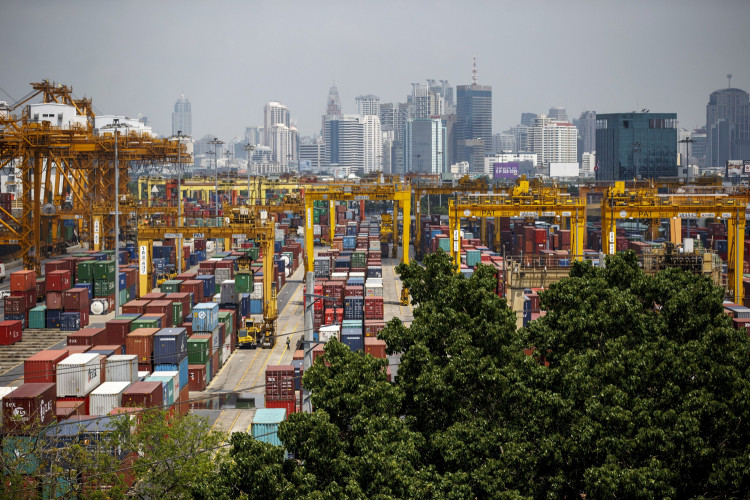The world's leading groups have suggested a new levy on ship carbon emissions to help accelerate the industry's efforts to become more environmentally friendly.
For the first time, the International Chamber of Shipping (ICS) and Intercargo suggested a levy based on mandatory payments for each ton of carbon emitted by ships trading globally with a gross tonnage over 5,000.
According to the proposal, the money raised would be put into a climate fund that would be used to build bunkering infrastructure in ports all over the world to offer greener fuels like hydrogen and ammonia.
"What shipping needs is a truly global market-based measure like this that will reduce the price gap between zero-carbon fuels and conventional fuels," ICS Secretary General Guy Platten said.
Global shipping contributes to about 3% of global carbon emissions, with about 90% of global trade transported by sea. However, according to numerous academics, the sector could account for 17% of total yearly emissions by 2050.
Now, the industry is under increasing pressure to clean up its act.
The proposal was filed to the International Maritime Organization (IMO), the UN's shipping agency, on Friday.
All proposals are welcome, according to an IMO spokesperson, and will be discussed later this year, saying that proposals on market-based solutions are in line with the initial IMO GHG (greenhouse gas) strategy.
The IMO will host an inter-sessional working group meeting in late October, ahead of the Marine Environment Protection Committee's late November session, which will examine problems such as carbon-reduction measures.
The European Commission suggested in July to include shipping in the bloc's carbon market, aiming at an industry that has eluded the EU's pollution charges for more than a decade.
According to the ICS, "piecemeal" initiatives like the EU's proposal would make "the conduct of maritime trade" substantially more difficult.
The Getting to Zero Coalition, which is coordinated by the Global Maritime Forum, includes more than 150 companies from the maritime, energy, infrastructure, and finance sectors.
According to the coalition's recent report, shipping decarbonization must reach a 5% adoption rate of zero-emission fuels by 2030 in order to meet the Paris Agreement's targets.






